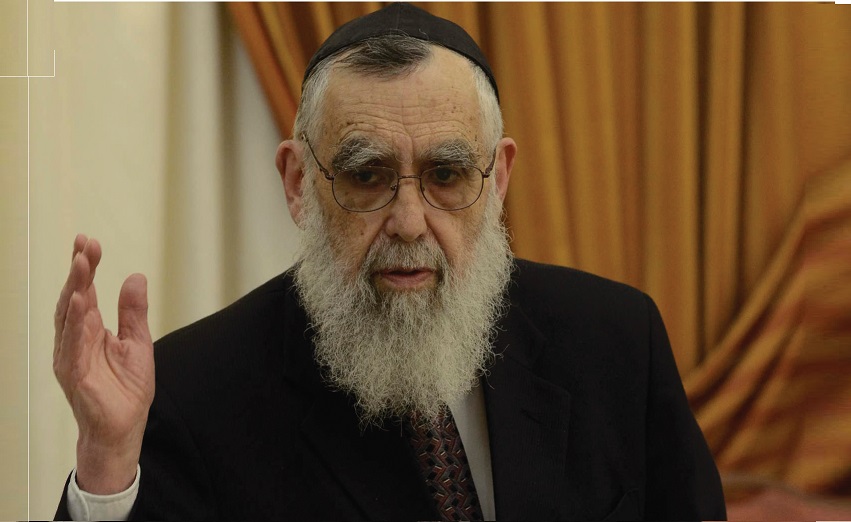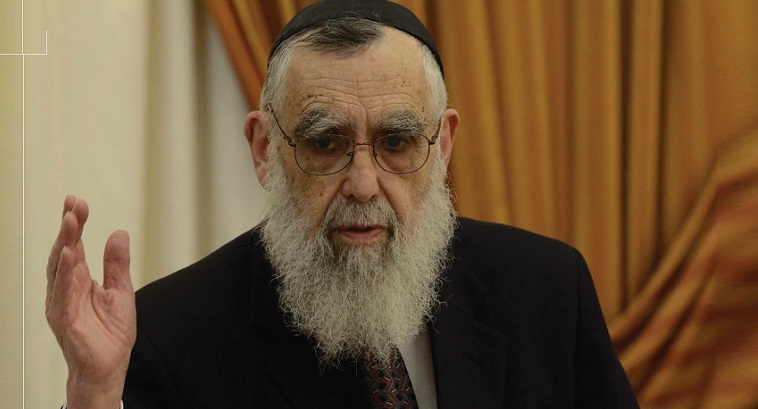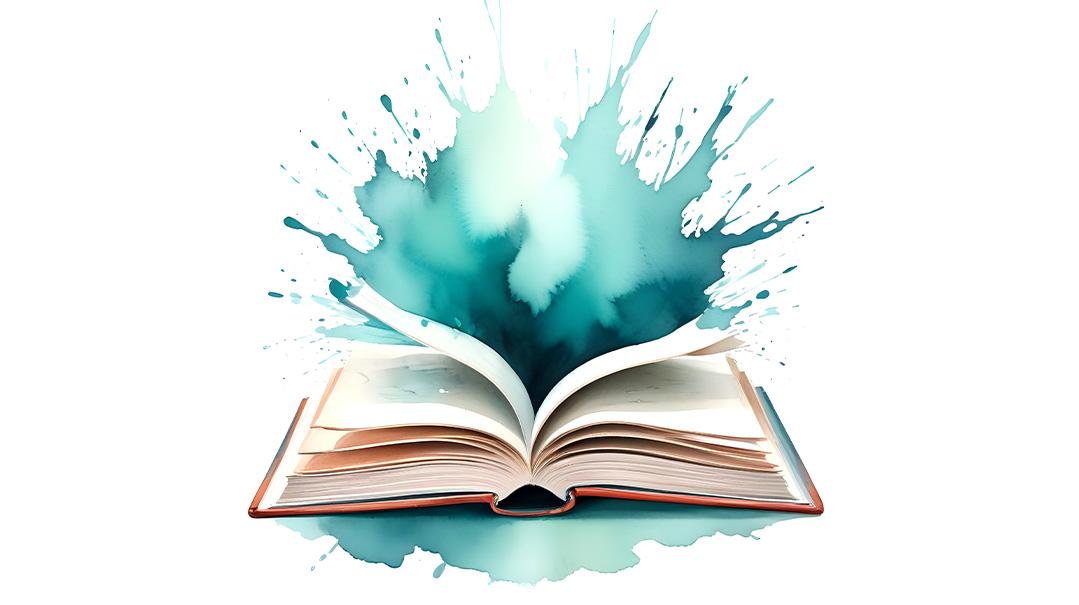Invincible and Vulnerable

We will “pass the ammunition” and destroy the enemy, but we dare not forget to “praise the L-rd”
These are difficult days for us all. This is not an ordinary war — which is bad enough — but a medieval, Nazi-like, cold-blooded massacre and pogrom against Jews, rivaling in its brutality the bloodiest in Jewish history.
There are lessons to be derived. Moshe Rabbeinu (Devarim 8:17) long ago warned about reliance on Kochi v’otzem yadi, about ordinary mortals saying, “My strength and my power has created all this.” We in Israel have not been very mindful of this. We were “arrogant and overconfident.” (The last two words are those of Brig. Gen. Avi Benayahu, former spokesman for the IDF, in the Jerusalem Post, October 13.) Many of us were convinced that our armed forces and air force were invincible and that the sophisticated electronic sensors and Iron Dome and electrified fences would protect our borders. Tragically, we are living the truth of Psalm 127:1: “im Hashem lo yishmor ir — Unless G-d protects the city, in vain is the watchman wakeful.”
Note that the two most damaging assaults on us occurred on Yom Kippur and Simchas Torah. On one level, these were strategic assaults: Israelis would be distracted, many soldiers would be home on leave, our guard would be down. But on a deeper level, these were religious assaults, an attack on the foundation stones of Judaism: Prayer and connection with G-d, which is Yom Kippur; and on Torah itself, which is Simchas Torah. It is Ishmael yet again trying to destroy his brother Yitzchak by attacking the great pillars of Judaism.
Thus, this is a wakeup call. Not only to reevaluate our military strategy and our defense capabilities, but to reevaluate our spiritual attachment to that which so enrages our murderous enemies: prayer and Torah.
Israel will respond and subdue our enemies physically. We will “pass the ammunition” and destroy the enemy, but we dare not forget to “praise the L-rd.” That is, we must also respond by enhancing that which was the deeper object of their hatred: our prayers, our shuls, our study halls, our personal Torah studies. They hate our prayer; we daven better. They hate our Torah learning; we study Torah more. They act with savagery, we intensify our interhuman relationships, our help to one another, our kindness to strangers, and increase our giving of tzedakah. Our enemy is beastly; we counter this by becoming more human. For these, says the Mishnah (Avos 1:2), are the pillars on which the world stands: Torah, avodah (worship), and gemilus chasadim, acts of lovingkindness.
It would also be appropriate to admit that we are vulnerable. To admit one’s vulnerability is to step closer to G-d; to declare one’s invincibility is to step away from G-d. Ironically, to acknowledge vulnerability is the beginning of true security.
May we all be blessed with peace, shalom, in all of its many connotations. May we all emerge from these difficult days more shalem — complete and whole — than ever before. Although today we mourn, ultimately we will prevail and will emerge a people stronger and more unified than ever before. In the words of Psalm 30 that we recite in our daily davening, “ba’erev yalin bechi v’laboker rinah — In the evening we lie down weeping, but in the morning, there is joy.”
Prayerfully, and with trust in Him, we await the morning.
(Originally featured in Mishpacha, Issue 982)
Oops! We could not locate your form.





